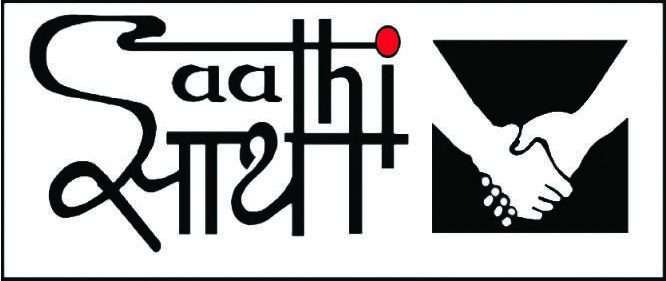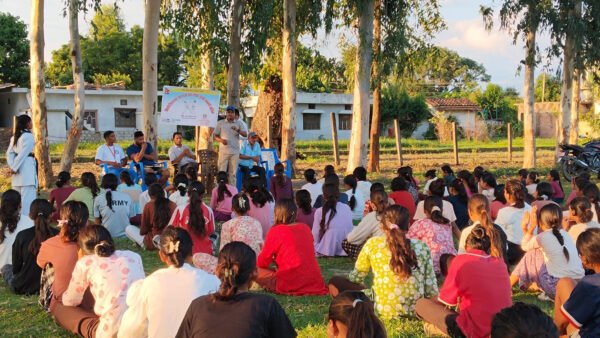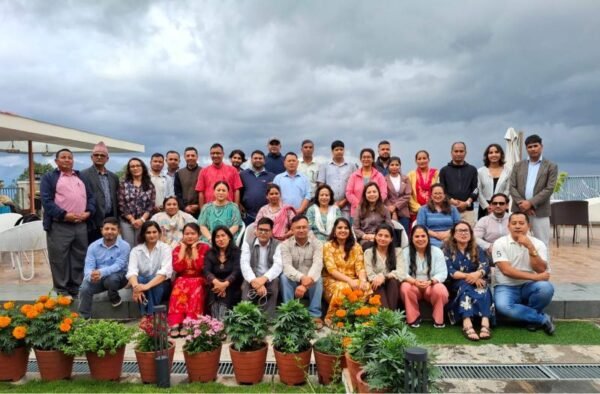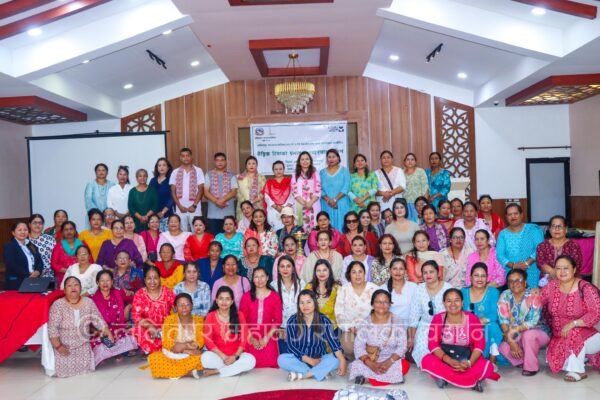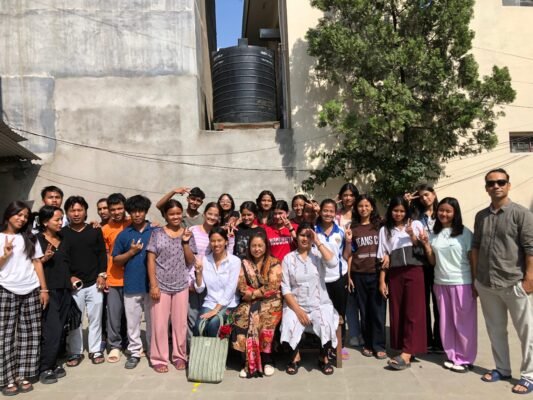Saathi Women Shelter
Background:
As per its vision of a just and peaceful society where women and girls can equally enjoy their fundamental human rights and lead a violence free life, Saathi opened the first Women Shelter n Nepal in 1995. Women Shelter offers refuge for mentally, physically, sexually and socially abused women and girls including survivors of trafficking and conflict. The operation of our Shelters are guided by a Standard Operating Procedure (SOP) which outlines the criteria for survivors entering facilities and the procedures to follow when assessing, caring for, and referring survivors to other facilities or integrating them into society.
Reach Out:
Until now Saathi women shelter has accommodated 3912 women along with their children in the Kathmandu shelter home.
Activities:
The women shelter provide the women and girls with a range of important services such as medical support, psychosocial support, legal support, awareness classes and also focus on the survivor’s reintegration into society including one year of follow-up visits. In order to lead the way towards reintegration and security, Saathi’s Women Shelters offer survivors a non-formal education and, particularly, income-generating skill training that is appropriate to their background and interest. Saathi believes that providing education to these women and girls will help them develop a sense of confidence and will enable them to become financially independent and positively rebuild their lives once they leave the shelter.
- Accommodation and Food: Residents receives accommodation and food for six months along with their children (if they are below 12 years in case of boys).
- Psycho-social Support: Psycho-social Support and Healing Therapies are provided as essential for the survivors’ recovery.
- Legal Support: Survivors receive all types of legal support and orientation classes regarding legal issues.
- Education Support: Both Formal and Non Formal Education (NFE) classes are provided to the residents during their stay in the shelter on a range of subject such as domestic violence, human trafficking, health and hygiene, women’s rights and empowerment, safe migration, etc.
- Early Childhood Development Centre: for children accompanying the survivors.
- Training Support: Different types of occupational as well as skilled developmental training are provided to the residents as required.
- Financial Support: Residents receive seed money if they wish to start a small business on their own.
- Protection: The shelters ensure physical protection of the survivors during their stay in the shelter.
- Employment Support: Job Placement and employment are provided to the residents as per their need.

